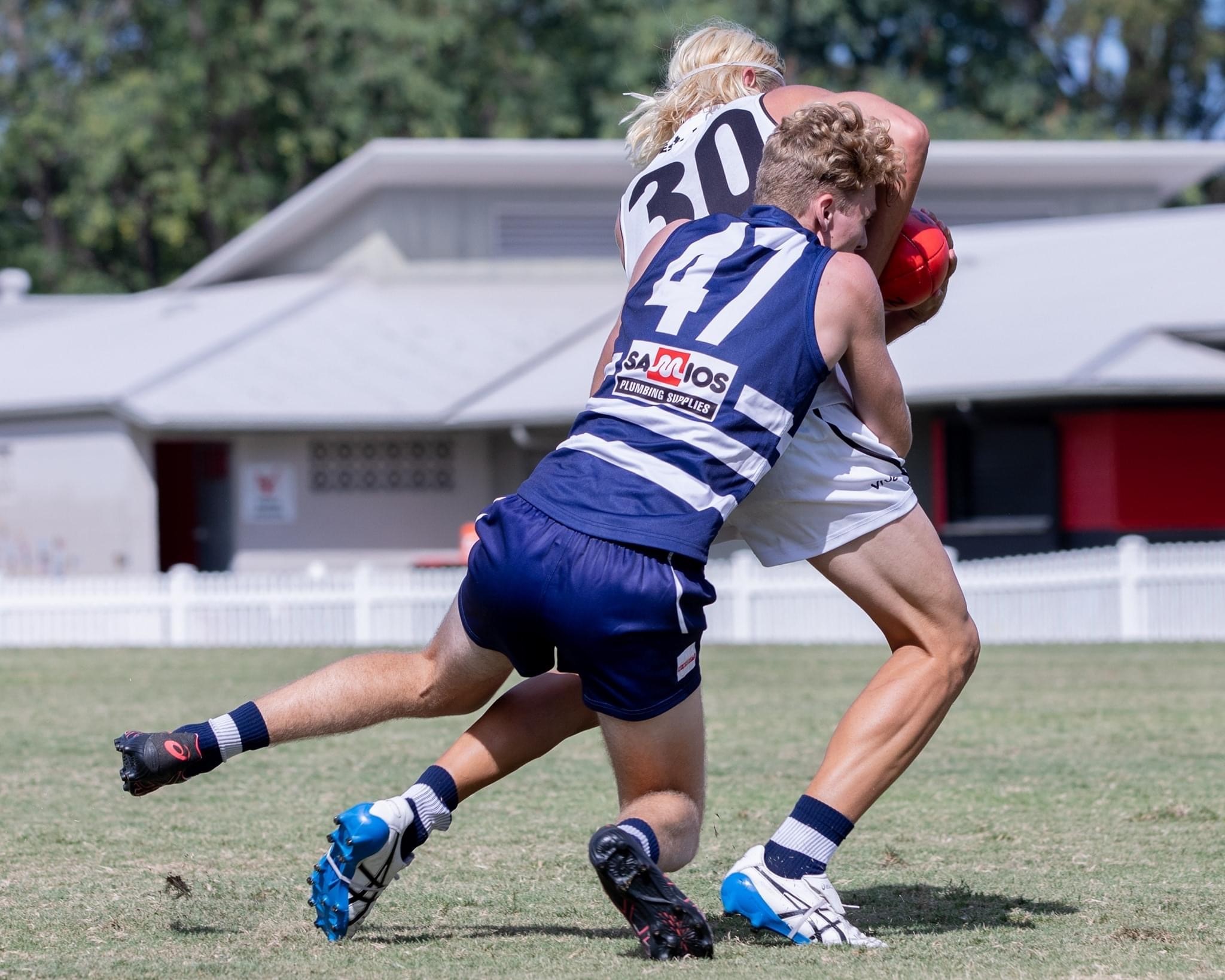Top Tips for Preparing for Exams

As we approach the final two weeks of term, our students are putting the finishing touches on their assignments and are reviewing the content covered over the course of the past few months in preparation for their examinations. Implementing healthy study habits is imperative to maximising achievement and as our students progress through the College, they are constantly learning and identifying study practices that produce desired results. Below are a number of effective study habits that can help to complement a young person’s study routine.
Create a study plan or revision schedule
This is an ideal way to map out the content that needs to be reviewed in the lead up to an examination and ensures that all relevant topics are covered. It is important to remember to create a study plan that breaks each subject into smaller and more manageable chunks so it does not cause you to feel overwhelmed. Schedule in regular breaks, exercise, and ‘down time’ to make sure you are not feeling overloaded.
Study Location
Although you may have an ideal location where you feel comfortable, motivated and focused when you study, it is important to note that studying in a different location can aid in memory recall and learning. So if you are studying in your bedroom, maybe now might be the perfect time to change things up and move to a different room in the house or a different location outside of the home. Your local library or university will offers many spaces for group or independent study.
Working in Groups
Work together to identify small topic areas that you can ‘teach’ or re-teach each other. The preparation involved in teaching a topic will help to consolidate your learning and also deepen your understanding of the content with the added benefit of assisting your peers!
Plan Your Examinations
Although the exact questions that will be asked are unknown, you can plan how you are going to use the time effectively in each of your examinations. If you have perusal time, how are you going to use it? Discuss with your class teacher how you can effectively plan and approach your examination for their subject and how you can use the time efficiently.
Past Papers and Practice Examinations
Practice, practice, practice! When asking our Heads of Faculty their number one tip for preparing for examinations, this was the clear theme.
Arts: No matter which Arts subject, it’s imperative that students know, understand and regularly apply the elements of Dance, Music, Art or Drama. They are the core of all performances, projects, written work and exams, so practice using them, analysing them, evaluating them and justifying their use in your own work and that of other artists.
Technology: Practice exam style questions and analyse your responses so that you know where to spend additional time focusing on areas that need improving and ensure that you use subject specific vocabulary when crafting your answers.
Languages: Seek opportunities to speak in the target language outside of the classroom and create vocabulary lists by either making flash cards or accessing online platforms such as Quizlet to review vocabulary. Ensure you understand PACT (Purpose, Audience, Context and Tone) definitions to be able to respond effectively to these type of questions.
Science: Regular practice (weekly) of exam style questions whilst taking the time to analyse the mark scheme and determine the most effective way to answer each question to ensure you are meeting the key requirements.
HPE: Read over any notes taken in class each evening for better memory retention and practice writing short responses in the context of the theoretical component under exam conditions at home.
English: Read through the exemplars and practice analytical writing – manipulating the TEEEL structure.
HASS: Carry out as much formative practice as possible and ensure that within your answer you are including cognitive-specific responses relevant to the subject or topic under review.
Mathematics: Make study notes as you progress through the course, follow a cyclic revision plan (revisit materials regularly) and in the weeks leading up to an examination complete lots of questions and practice papers.
Above all else, your absolute priority throughout an examination preparation and administration period is to look after yourself. A student will undoubtedly perform their very best during an examination if they are feeling their very best. Be sure to remain hydrated, eat a balanced diet, exercise regularly and maintain a healthy sleep pattern (at least 8 hours at night). In addition, there is a huge support network available at the College, ranging from student mentors within the homeroom, homeroom or classroom teachers, subject specialists or Heads of House. If a little extra guidance to implement effective and healthy study habits is needed, additional help will always be available.
Charlotte Brook
Head of Senior School







